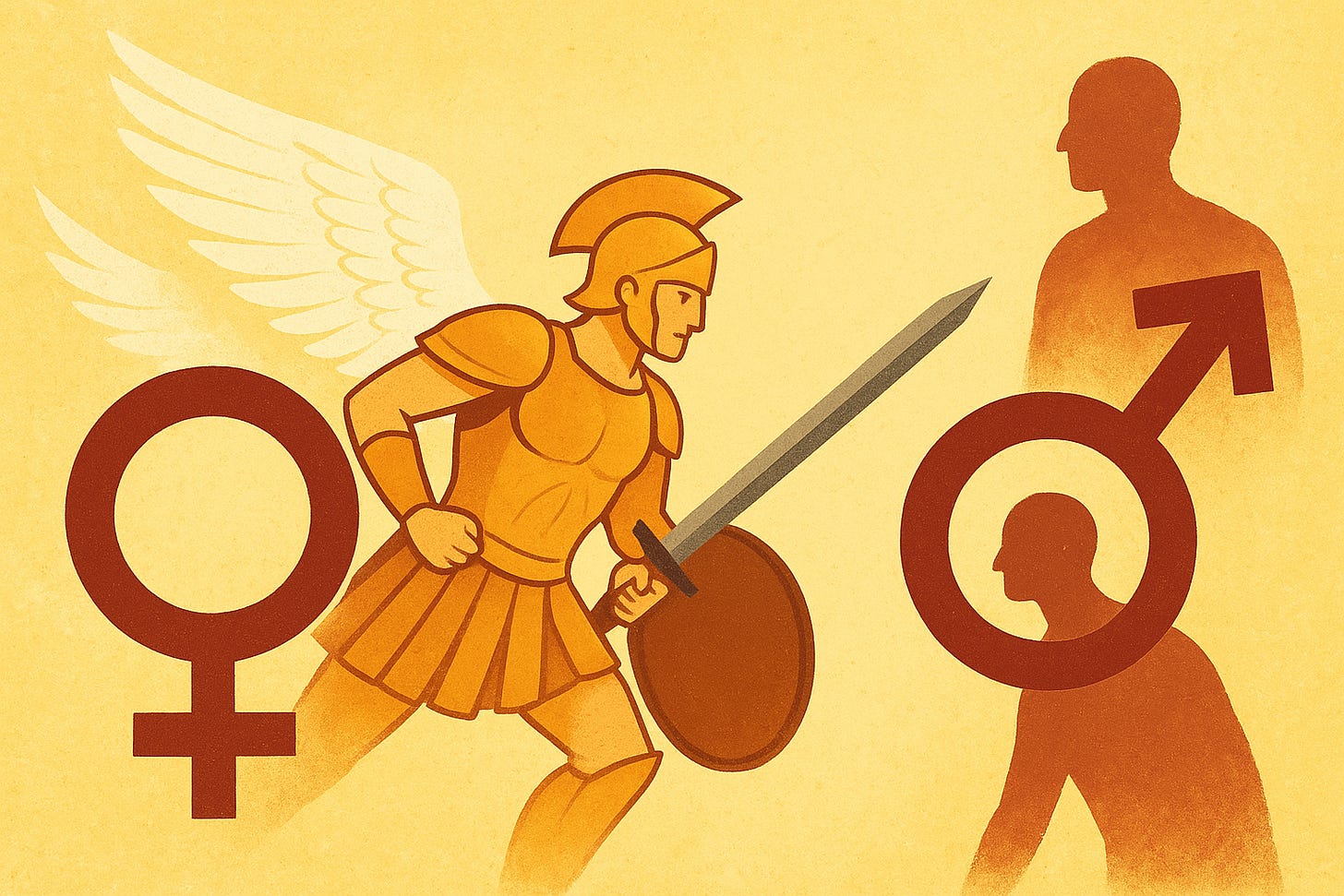The War on Sex Differences
The second excerpt from my forthcoming book, A Billion Years of Sex Differences
In Case You Missed It…
Everything You Wanted to Know About Sex Differences But Were Too PC to Ask
12 Things Everyone Should Know About the Psychology of Victimhood
This is the second excerpt from my forthcoming book, A Billion Years of Sex Differences. You can access the full collection here, and preorder the book here.
In this installment:
Four biases that warp our understanding of sex differences
How politics has distorted the scientific debate over female-male differences
When sex differences get downplayed - and when they suddenly don’t
Why we highlight male advantages and female disadvantages, but not the reverse
My “controversial” sex-differences paper, and my brush with cancel culture
The War on Sex Differences
The evolutionary explanation for sex differences is deeply satisfying in the way that the best scientific theories always are – if, that is, you’re not horrified by the idea of evolved sex differences. As mentioned already, though, some people are genuinely horrified. Many suffer from what we might call dimorphism dysphoria: They’re deeply uncomfortable with the suggestion that men and women differ above the neck, and especially with the possibility that the differences might come from nature rather than nurture.
This discomfort underlies what I call the war on sex differences. This “war” – yes, it’s an overstatement – can be seen in every nook and cranny of modern life, from parents fretting about their daughter’s love of dolls, to bans on gender stereotypes in children’s textbooks and ads on TV, to efforts to achieve a 50:50 sex ratio in every desirable profession where men outnumber women. In fact, as I’m writing these words, even the grammar checker on my word processor is getting in on the act: Whenever I use the phrase “men and women,” it warns me that I should avoid these gendered terms, and consider using “people” instead. Not a helpful suggestion when I’m writing a book about sex differences…
In certain circles, then, sex differences are about as welcome as the plague. Needless to say, not everyone feels this way; if they did, there’d be nothing for those who do feel this way to wage war on. And as mentioned in the last excerpt, some people lean in the opposite direction: Rather than playing down or denying the differences, they hype them up and moralize them. Thus, as we dig deeper into these issues, it would be useful to equip ourselves with some technical terms to help bring order to the chaos.
We’ll start with a pair of terms coined by the psychologists Rachel Hare-Mustin and Jeanne Marecek, who argued that two major biases distort the discussion of sex differences: the alpha bias and the beta bias. The alpha bias is the tendency to exaggerate sex differences; the beta bias is the tendency to minimize them. Both can be found in the culture, but it’s fair to say, I think, that in the modern Western world, the beta bias has the upper hand.
Nowhere is this truer than in my own natural habitat of academia. Many academics are wary of sex differences, and some have an intellectual allergy to them. According to an old joke, everyone knows that men and women are different… except social scientists. Plenty of research reveals the truth in the jest. One study, for example, found that social scientists are more likely than civilians to chalk up sex differences to nurture rather than nature, and that this even extends to differences between hens and roosters. As we’ll see later, even when it comes to humans, the evidence sides with the civilians, making this one area where laypeople have a firmer grasp on reality than many alleged experts – and one area where academia seems to impair people’s understanding of the world rather than improving it.


